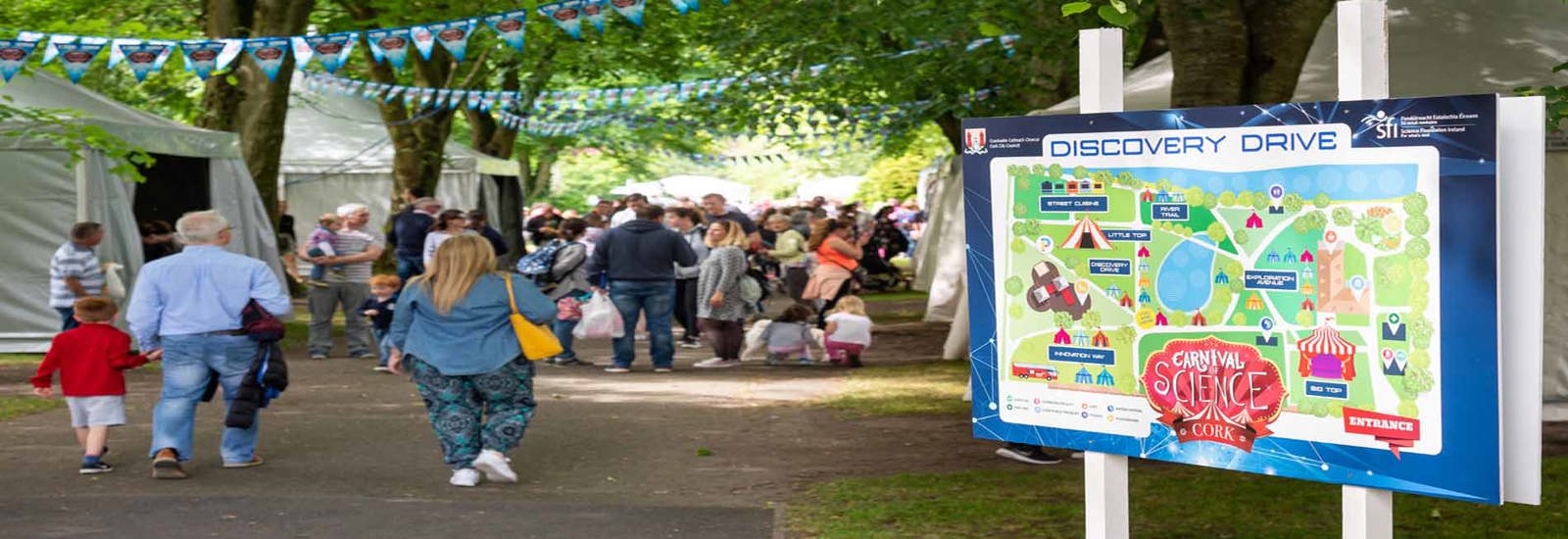
Bees in Times Square: The Buzz That Stopped the City
The Buzz in the City
In a surprising turn of events, a swarm of bees descended upon Times Square on March 23, 2025, causing quite the stir! This unexpected invasion halted traffic and drew crowds, transforming a typical day in the bustling heart of New York City into a viral sensation. As people gathered to witness this unusual spectacle, discussions erupted about the vital role bees play in our environment.
Did you know that bees are responsible for pollinating around 75% of the world’s crops? This incident served as a crucial reminder of their importance and the environmental challenges they face. According to the U.S. Department of Agriculture, bee populations have been declining in recent years, primarily due to habitat loss, pesticide exposure, and climate change. This alarming trend poses a significant threat to biodiversity and food security.
Social Media Reaction
Social media platforms exploded with videos and memes about the bee swarm, with hashtags like #BeesInTimesSquare trending across Twitter and Instagram. Users shared their thoughts, ranging from humorous takes on the situation to serious discussions on wildlife conservation. The incident quickly became a topic of conversation, with notable personalities chiming in.
One user tweeted, "Only in NYC can a bee swarm make traffic stop for a selfie! 🐝✨ #BeesInTimesSquare," garnering thousands of likes and retweets. Others highlighted the environmental message behind the buzz, emphasizing the importance of protecting pollinators in urban areas.
A Call for Conservation
This bee buzz not only entertained but also educated the public on the need for urban wildlife conservation. As cities expand, integrating green spaces and protecting pollinators becomes increasingly essential. The Times Square incident has sparked a broader conversation about how urban areas can support biodiversity and environmental health.
Organizations like the Pollinator Partnership are advocating for initiatives aimed at enhancing urban habitats for bees and other pollinators. These efforts include creating bee-friendly gardens, planting flowers that bloom at different times throughout the year, and reducing pesticide usage.
According to Dr. Claire Kremen, a conservation biologist at the University of California, Berkeley, "Cities have an untapped potential to support biodiversity. Simple actions, like planting native flowers and creating green roofs, can significantly enhance urban ecosystems."
The Broader Impact of the Buzz
The unexpected bee swarm in Times Square has reignited discussions around environmental stewardship and the role individuals can play in protecting our planet. The excitement and engagement surrounding the event underscore how impactful spontaneous moments can be in raising awareness about critical issues.
Educators and environmentalists are using this moment to encourage community involvement in local conservation efforts. Initiatives such as community gardens and bee-keeping workshops are gaining momentum as people seek to connect with nature in urban settings.
Conclusion
So, the next time you see a bee, remember: they’re not just buzzing around; they’re crucial to our food supply and ecosystem. Protecting our pollinators is essential, and the spontaneous buzz in Times Square serves as a powerful reminder of their importance.
Let’s take this viral moment as a call to action; whether you’re in the city or the countryside, there are always steps you can take to help sustain our environment and ensure that our buzzing friends continue to thrive. Keep the buzz alive and support our pollinators!
For more on the environmental impact of urban biodiversity, check out NY1's Trending Topics.
This article highlights the intersection of viral moments and environmental awareness, demonstrating how a swarm of bees could transform a day in Times Square into a powerful message about conservation and the vital role bees play in our ecosystem.